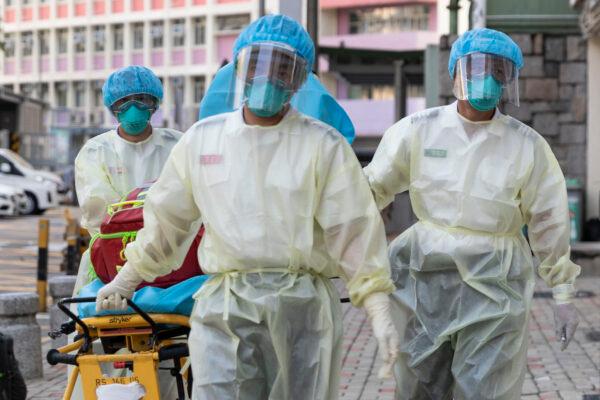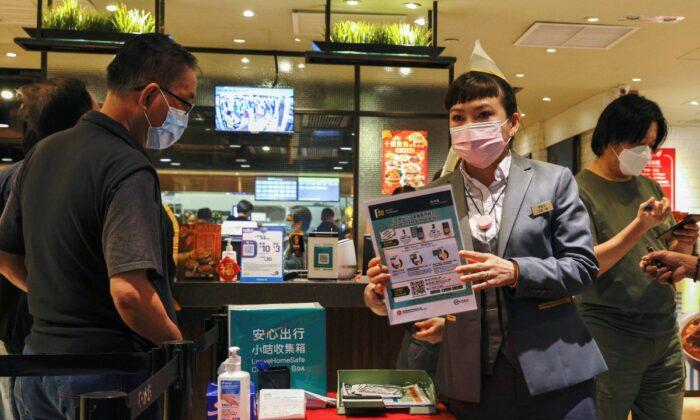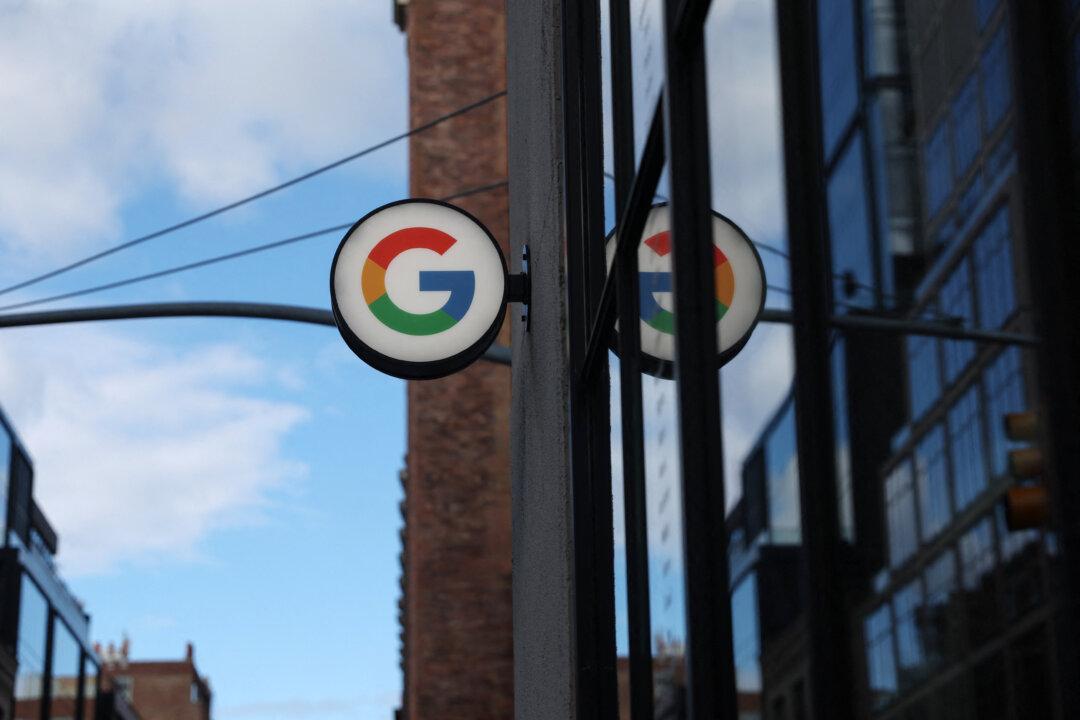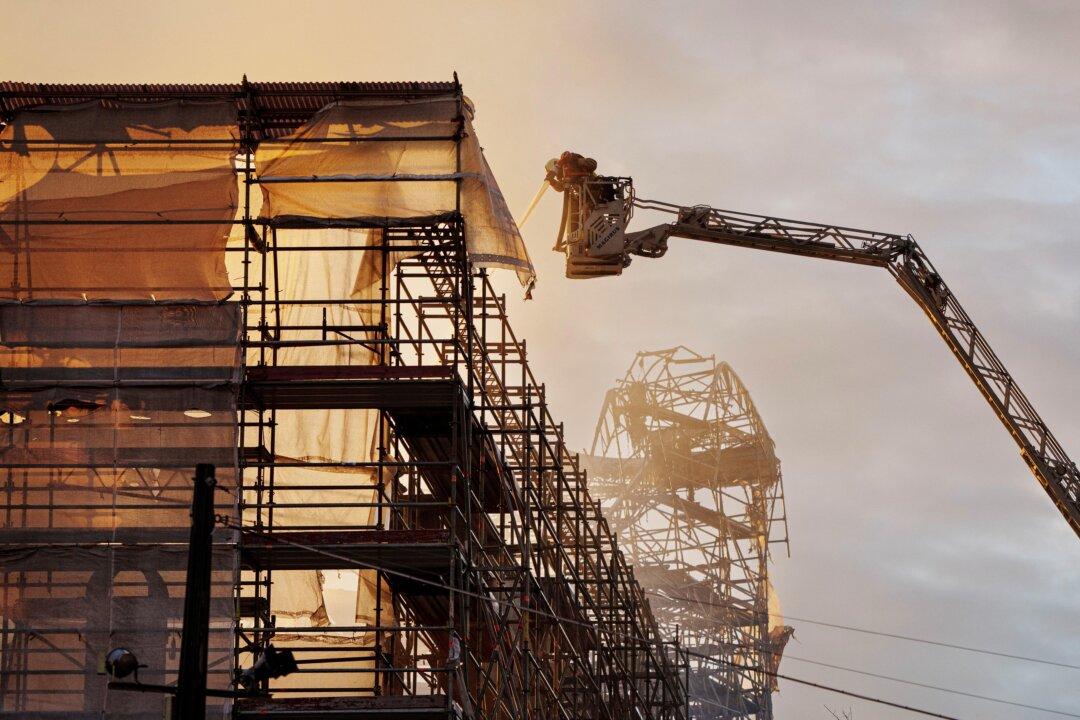HONG KONG—Electronics shops in Hong Kong have seen a sharp increase in demand for cheap burner phones as the Chinese-ruled city’s government eases coronavirus restrictions but pushes the use of a contact-tracing app which has raised privacy concerns.
Health Secretary Sophia Chan said the app poses no privacy risks as it only stores data on users’ phones and no third party collects it. The app notifies users if they had been in the same place with a person confirmed with the CCP virus.
“I’m buying a burner phone because the government clearly doesn’t trust Hong Kong people, so why would I trust them?” said Vincent, 28, an accountant who gave only his first name because of the sensitivity of the issue.

Contact-tracing apps have sparked similar privacy and trust issues around the world, from Singapore to the United States.
Hong Kong on Feb. 18 lifted limits on how many people could sit together in restaurants to four from two and the cut-off time for dining to 10 p.m. from 6 p.m.
Restaurants and other venues just reopening, such as gyms or beauty salons, are required to write down customers’ details or ask them to scan a QR code with the LeaveHomeSafe app, which authorities use for contact tracing.
Civil servants have been asked to scan the code before entering and leaving government offices.
In the working-class neighborhood of Sham Shui Po, a mecca for cheap electronics, more than a dozen vendors told Reuters they have seen a spike in demand for old smartphones since last week, when the government announced plans to ease restrictions.
“People are just looking for a cheap smartphone that can run the LeaveHomeSafe app,” said Wong, a vendor at Phone House, who said she sold 50 phones in the past week, compared with the usual 10 or so per week previously.
Other vendors reported a three- or four-fold increase in sales of cheap phones.
“I have seen a lot more people asking about and buying older phones over Chinese New Year,” said Andy Kwok of Ah Ling Telecommunications. “I have had to tell them the phone needs to be at least on Android 8 (for the app) to run.”
The most popular phone was the Samsung Galaxy J5, released in 2015, now selling for as little as $38.70.
The app has been downloaded 840,000 times since its launch in November 2020, with more than 70,000 venues participating in the scheme, the government said this week.






Friends Read Free